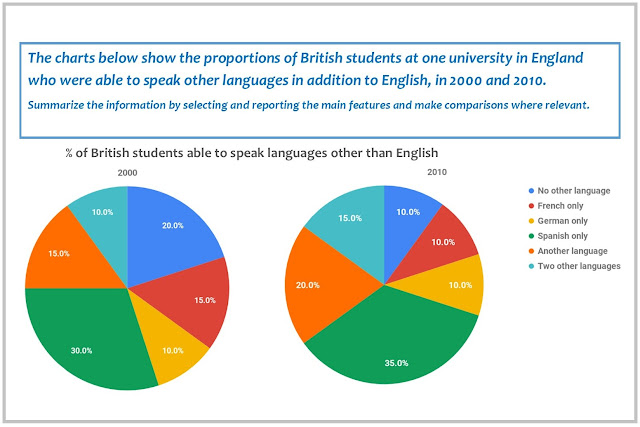IELTS Writing Task 2: Should ultra-processed foods be made more expensive?
I want to share an absolutely awesome IELTS essay written in my "Writing with New Scientist" course by the wonderful Alyona Borisova. This is what a topic "explored in depth" looks like (Task Response Band 9).
Topic: "Many ultra-processed foods that people consume in large amounts today are known to cause health problems. Such foods should be made more expensive to encourage people to decrease the consumption of such foods. To what extent do you agree or disagree?"
✼✼✼
There is now ample evidence that ultra-processed foods are a significant driver of poor health, linked to multiple diseases ranging from diabetes to heart attacks and depression. These facts have given rise to the opinion that the government should introduce taxes on ultra-processed foods to deter people from consuming them in large amounts. However, I completely disagree with this view for several reasons.
First, there is no consensus yet as to what exactly makes ultra-processed foods detrimental and, therefore, what should be limited. This food category encompasses many different products containing hundreds of potentially harmful chemicals, with the picture of their interplay with the human body being far from complete. This means that if the government decides to implement taxes, in the absence of clear guidelines, it would have to include a wide range of commonly consumed products on the list. Such a sweeping change can hardly be justifiable without conclusive scientific evidence. What is more, it is unclear whether the list of taxable items should contain foods that consist of both factory-made and unprocessed ingredients, for example, a hamburger, which is made of both ultra-processed meat and fresh vegetables. This confusion greatly complicates the matter and makes junk foods taxation not practicable.
Second, this measure does not address the root cause of the immoderate consumption of processed foods — their allure. They are high in calories and provide instant gratification, giving a momentary yet powerful surge of energy. Moreover, they are rife with additives, including flavour enhancers and sweeteners, which make them hyper-palatable and addictive. Another factor that contributes to their attractiveness is that they are packaged in bright colours and are often advertised with the aid of cartoon characters and clever wordplay. None of these effects can be counteracted by imposing taxes. On the contrary, instead of detracting from processed foods’ allure, taxation can make them even more desirable, since expensive items often hold more appeal for people.
All in all, I do not believe introducing taxes on ultra-processed food is an effective measure that can induce people to switch to a healthier diet. One reason is that there is too little understanding of what products should be taxed. Another reason is that taxes do not deal with the main source of the problem, and, thus, cannot yield promising results.
✼✼✼
It might sound counter-intuitive, but it's in this course that I get some of the best IELTS essays. Why? First, students write on topics they've read about, so coming up with ideas is much easier - that's one obstacle out of the way. Second, the pesky cohesion - one of the things we work on a lot - also comes easier because it comes from context and we have more time to scrutinize it. Finally, lexis is usually better too - less common and more academic.
1. Should we avoid or welcome stress?
2. What is more important for happiness: economic well-being or other factors?
https://iraluts.blogspot.com/2022/10/ielts-writing-task-2-most-important.html
Image credit: Photo by freddie marriage on Unsplash
Image credit: Photo by freddie marriage on Unsplash





NICE
ReplyDeleteThis is a thought-provoking take on a complex issue. You’ve highlighted both the potential benefits and ethical concerns surrounding the use of advanced technologies in sports really well. It's interesting to consider how fairness and innovation often clash in competitive environments, and I agree that maintaining a level playing field is crucial. At the same time, completely rejecting technological advancements might also hinder progress. Striking a balance is definitely key, and your arguments provide a solid foundation for deeper discussion on this topic.
ReplyDelete